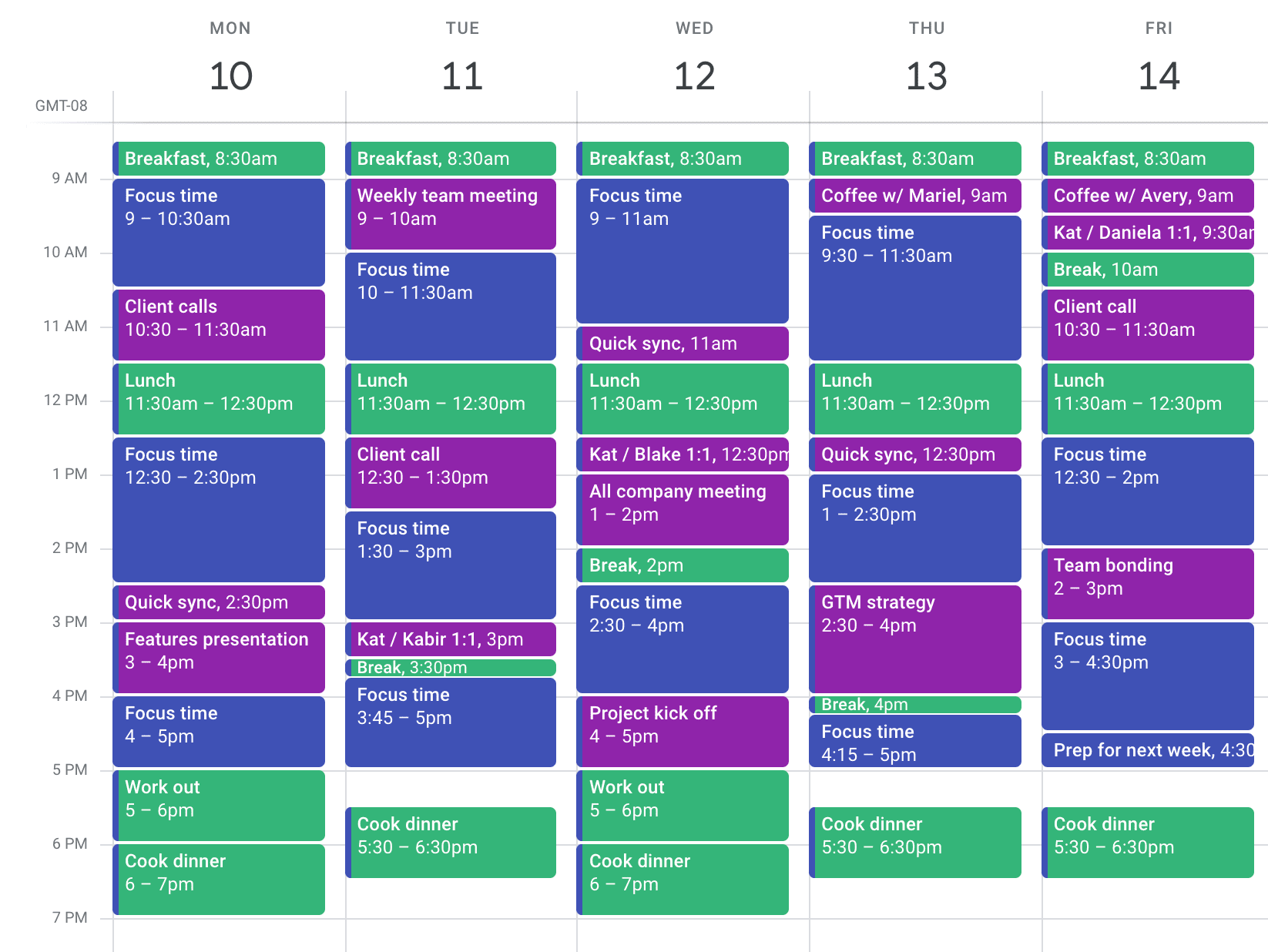In a study by Gallup, only 36% of employees reported feeling engaged at work, while disengaged employees cost businesses an estimated $450-550 billion annually in lost productivity. Why? Because too many workplaces fail to provide the trust, ownership, and recognition employees need to perform at their best.
Take Sarah, a manager at a mid-sized marketing firm. She used to micromanage her team, giving step-by-step instructions and reviewing every detail. Her employees felt stifled, hesitant to share ideas, and disengaged. When she shifted her approach—giving her team more ownership, encouraging feedback, and recognizing small wins—productivity skyrocketed. Employees became more proactive, innovative, and invested in their work.
Read More








